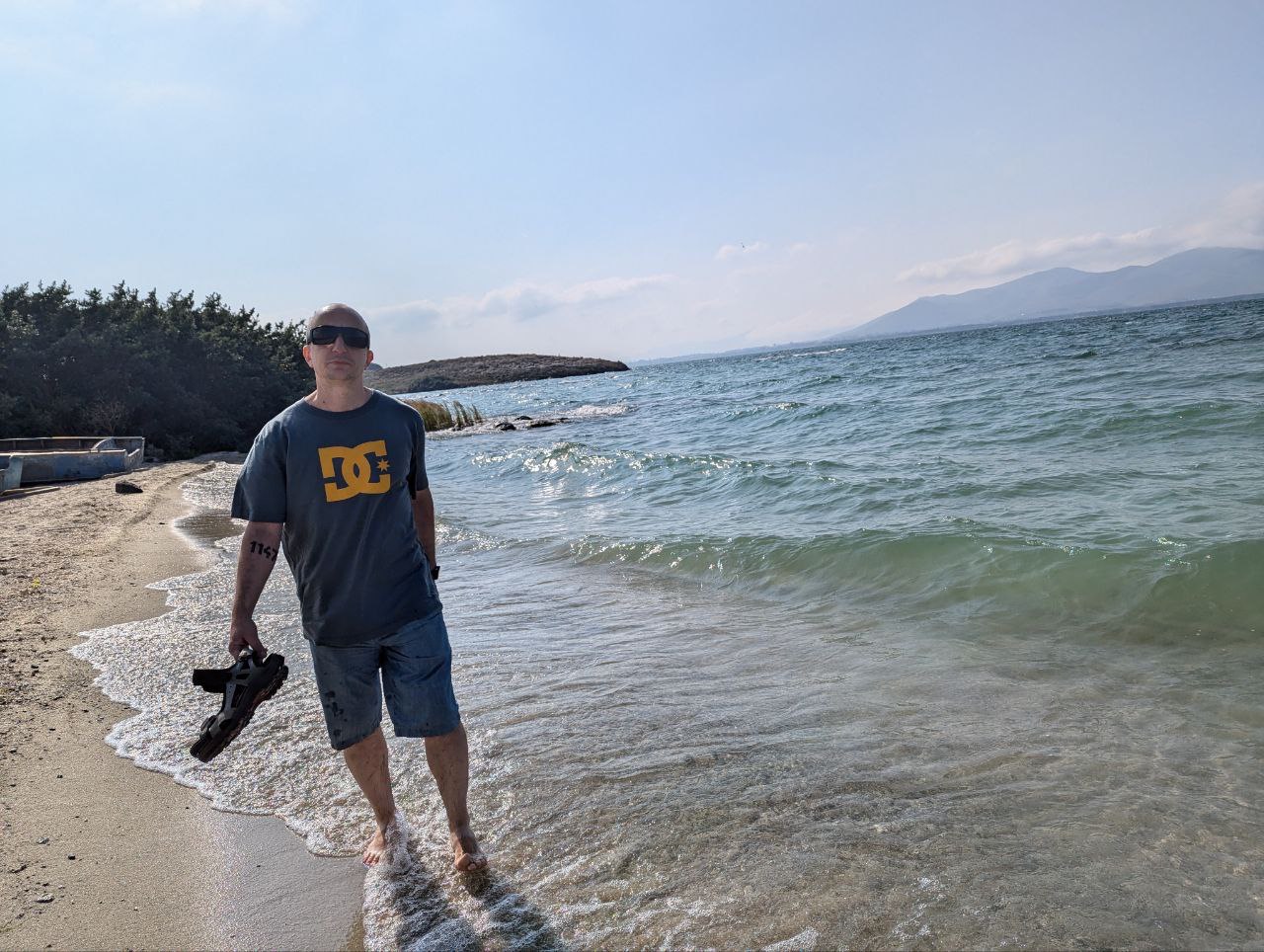

To obtain the O-1A visa for the USA, it's required to meet at least three out of eight extraordinary ability criteria, among which is the authorship of scholarly articles. The official description by the U.S. Citizenship and Immigration Services (USCIS) states: "Evidence of the beneficiary's authorship of scholarly articles in the field, in professional journals, or other major media."
This criteria of the O-1 visa is mainly relevant to scientific articles. However, even if you are not a scientist, you can still meet this criteria by sharing expert articles in reputable publications within your industry.
For your O-1 visa petition, it is essential to include the results of publication searches in scientific databases (SciFinder, Google Scholar), where you are credited as an author. You should also provide citation indices and unique identification numbers when referencing the publication and the journal (ISSN, ISBN, DOI).
You can also include your published scholarly book, accompanied by an annotation, table of contents, information on circulation, details about the publisher, and peer review according to scientific standards. If any of these particulars are missing, please furnish a confirmation letter from the editorial office.
For those outside academia, it is crucial that the materials be published in reputable outlets and are targeted towards a specific professional or business audience.
We suggest crafting your articles as comprehensive and detailed as possible: Incorporate complex analytical data, charts, tables, professional terminology, and other elements that highlight the author's expertise. The subjects should demonstrate in-depth research instead of basic summaries or trend evaluations.
The higher the publication prestige, the more compelling evidence can be collected to meet this criteria. However, articles on online platforms like Medium can also be considered if they received significant audience engagement or were published on the blog of major media outlets.
There is no officially established minimum number of articles. Nevertheless, drawing from practical experience, it is recommended to provide at least 4-6 articles to demonstrate consistency. If you are a scientist or researcher, a large volume of publications in peer-reviewed journals is critically important, ideally showing 15 or more articles.
The visa applicant must be credited as the author of the articles. Co-authorship is permitted as long as there is evidence that the applicant is the sole author of other publications.
Overall, you need to prove authorship, the relevance of the article to your professional field, and the authority of the publication.
Tip: Reach out directly to editorial offices with article ideas. Amid the age of digital journalism, many media outlets are receptive to new authors, more so than you may imagine. The key is to ensure your content aligns with the publication's audience and that you clearly articulate your chosen topic.
The eligibility of "Authorship of Scholarly Articles" criteria for the O-1A visa is not limited to scientists and researchers alone. This criteria enables all applicants to demonstrate their expertise, outstanding achievements, and influence in their professional field without requiring a scientific degree or affiliation. Relogate will help you properly compile the necessary documentation for the O-1 visa to maximize your chances of success with this criteria.
Learn your chances or book a free consultation with our team to learn more about the O-1 visa.